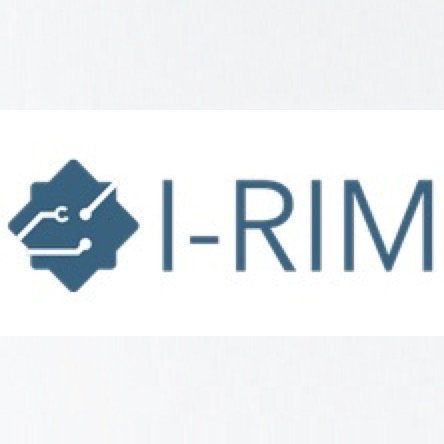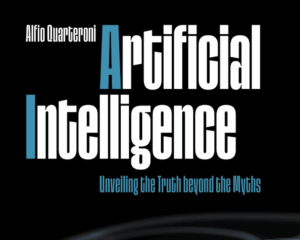Teachers and students from secondary schools are invited to the:
In-person seminar at Maker Faire 2023, Rome, and online
I-RIM 3D @MakerFaire
20 October 2023 h. 11:45 – 13:00
Robots in extreme environments Learning to live and operate in complexity
(in Italian)
PROGRAM
Human environment
Social robots and interaction with humans
Antonio Sgorbissa, Carmine Recchiuto, DIBRIS, University of Genoa
Humanoid robots in robotics competitions
Anna Brancaccio, Ministry of Education and Merit
Air
Drones to help in emergency situations
Emanuele Micheli, President of Scuola di Robotica
Water
Robots of the deep. Robotic research for the oceans
Gianmarco Veruggio, CNR IEIIT
Marine robots in educational projects
David Scaradozzi, Laura Screpanti, Marche Polytechnic University.
Moderator: Fiorella Operto, School of Robotics
The seminar will be held in presence at Maker Faire, in a classroom to be determined, and online.
We will send those interested the number of the room and the link for the online event.
To participate: write to: operto@scuoladirobotica.it
A Certificate of Participation will be issued.
Programme description
We face complex situations. Social relations, the sustainability of the planet, geopolitics present us with problems that have no single solution – when they have one.
Robotics as it has developed, by its very nature and the terrain on which it operates, is used to dealing with complexity.
Robotics make robots for different environments. One of the characteristics of robotics projects is being able to adapt to different environments, even extreme ones. There are robots for space, for deep water, to replace humans in dangerous or impossible conditions, or to maintain relationships and communication in complex psychological situations.
In order to operate this ‘replacement’ of humans, or extension of our lives in extreme environments or situations, robotics develops models of the environments and, if reliable modelling is not possible due to the rapid and unpredictable variations in the environment and the humans with whom to establish a relationship, equips robots with learning capabilities.
Unpredictable environments in which robots operate include oceans, air and social situations in which robots must interact with humans.
In all of these environments, robots are required to be able to handle unforeseen events or, the predictability of which is not fully defined.
No matter how many models roboticists are able to provide for their robots, the possibility of fully modelled events exists.
In the seminar, speakers will present robotics research situations in complex environments and situations and educational applications.
Social robots, or robots designed to interact with humans for different tasks (assistance, companionship, training) are faced with unique personalities that, however culturally aligned to their environment of birth and development, are unique individuals. How to understand how much cultural, past experience, situational aspects indicate in their behaviour?
For educational applications: how to make robots designed for social tasks useful and acceptable? A challenge for students.
While the oceans cover 70 per cent of the earth’s surface, providing food and livelihood for 3 billion people, the current understanding of the vast biochemical processes that take place there is not yet complete.
Marine robots, AUVs, ROVs, ASVs, can descend to depths and conditions impossible for human operators, collecting data on the behaviour of the oceans and the fauna and flora that inhabit them. They are also used in work (e.g. offshore) and rescue tasks.
They have to act and ‘survive’ in an unpredictable and often hostile environment, being able to rely on a limited range of data.
The air, and space, is undoubtedly a difficult environment for humans to inhabit. The characteristic feature of drone robots is their ability to maintain a stable attitude even in the presence of major changes in their environment, the air. For this, bipedal drones, or marine drones, exist. The tutorial will present some research on the development of drones and the contest that takes place every year in Rome.







